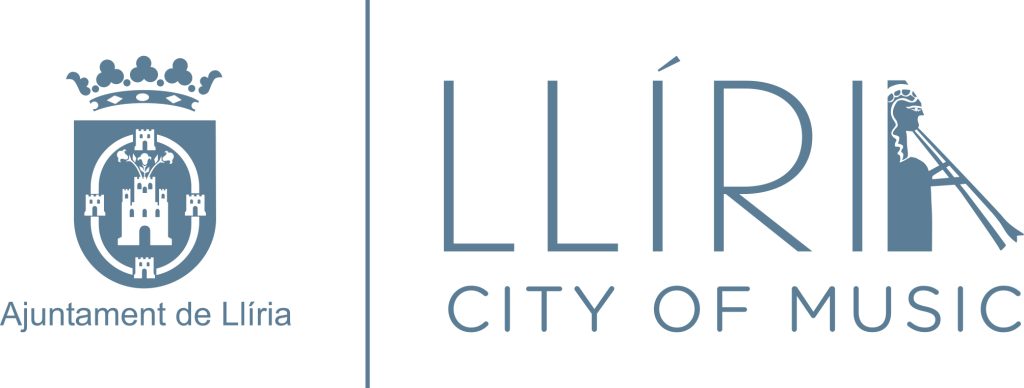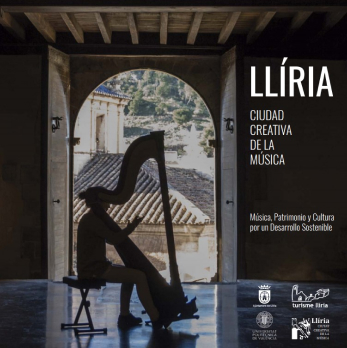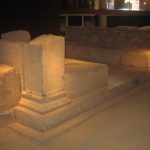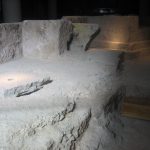Land of Musicians
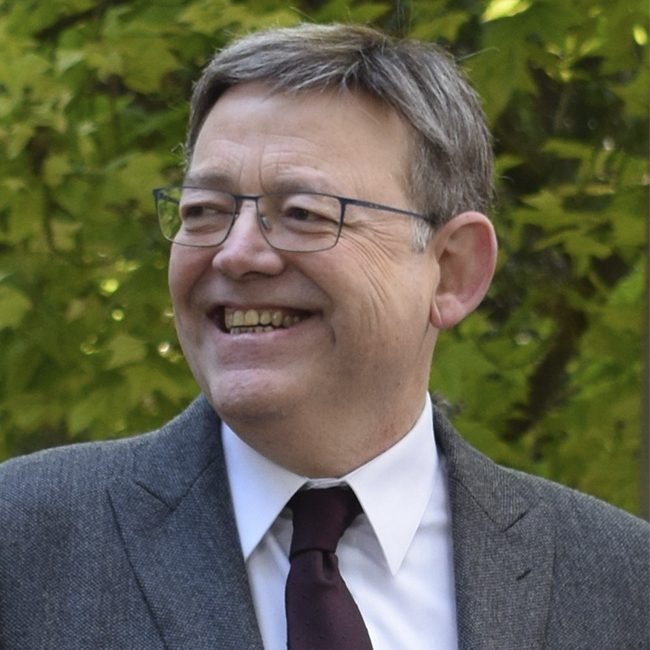
Ximo Puig
President of the Generalitat Valenciana
A GREAT reason to be proud
The recognition of Llíria by Unesco as a Creative City of Music, which took place a year ago, was considered a great source of pride for the whole of the Valencian Community. We were aware of the special relationship of the people of Llíria with the music forged over many generations and the strength of the llirian musical entities, their ability to unite and germanize thousands of people and the constant work carried out over decades. The declaration made official what we already knew and valued, but it also helped to spread the image of the city around the world and project it into new areas, and we all congratulated ourselves on such a significant distinction.
A year has gone by since that very special event, twelve long months in which we have lived through very difficult times due to the devastating action of COVID-19 and its terrible collateral effects in many sectors, including culture. During the hardest days of the confinement that made us overcome the first onslaught of the pandemic, culture and more specifically music was for us a basic necessity, a resource that allowed us to go through those strange and convulsive weeks and to be able to maintain our hope when we reached the end of that long tunnel. Music cannot stop.
Despite the fact that circumstances make it advisable to take extreme security measures to avoid contagion, we cannot allow the different cultural sectors to end up being the ones that are badly affected by the crisis created by COVID-19. More than ever we must support culture, thought, knowledge, the arts and music.
We have to look for new means of dissemination to continue to bring citizens closer to music, to promote learning among the youngest people even more, to boost the activities of musical societies and to give all the initiatives that they carry out the relief they deserve.
Music must continue to be with us, forming part of our daily lives, and for this and many other reasons it gives me great satisfaction to join in these lines to commemorate the first birthday of Llíria’s recognition by Unesco as a Creative City of Music, while at the same time sending a cordial greeting to all the people who over time and with their constant dedication have achieved such a special distinction. I would also like to convey from here to all the and all the llirians my warmest greetings and best wishes for the future.
Llíria, tradition and musical future
Since 2019, Llíria has the recognition of UNESCO Creative City of Music. this international designation places value on the music tradition of our municipality, after more than two centuries of history and presenting a prestigious career.
All of this would not have been possible without the extraordinary work caried by all our music societies: the Ateneo Musical y de Enseñanza Banda Primitiva, the Unió Musical, the Orquesta de Pletro “El Micalet”, the Agrupación Musical Edetana “Vicente Giménez”, the Banda UDP and the Grup de Danses y Rondalla “El Tossal”, as well as the rest of entities of our locality which are engaged in music.
However, this career has also been made up of countless individual stories, from so many generations of people of Llíria, who have made this artistic expression and its educational dimension a way of life and a space for common coexistence in the society of Edeta.
Because music is an essential part of the identity of Llíria and is the feature by which it is recognized both nationally and internationally. In addition to the role played by its musical societies, there is a huge programme of activities throughout the year and an important network of training centres in this field.
In short, in Llíria music is a lifestyle that has been and is the cradle of values and learning and that constitutes the essence of our unique identity. We continue working to consolidate this tradition, so that it contributes to boosting the local economy through musical creativity.
All these particularities place us as international ambassadors of this important cultural fabric in the Valencian Community, land of musicians and bands. We have immense potential with the capacity to export our music and culture to the entire world with the support of the UNESCO label.
For this reason, being a Creative City of Music is a source of pride that presents us with exciting challenges for the future and represents a unique opportunity for the international projection of the true protagonists of this movement, the musicians. From musical creativity, we bet on innovation, cooperation, and progress, also under the commitment of the United Nations Sustainable Development Goals.
To continue making Llíria a city with a musical past, present and future.
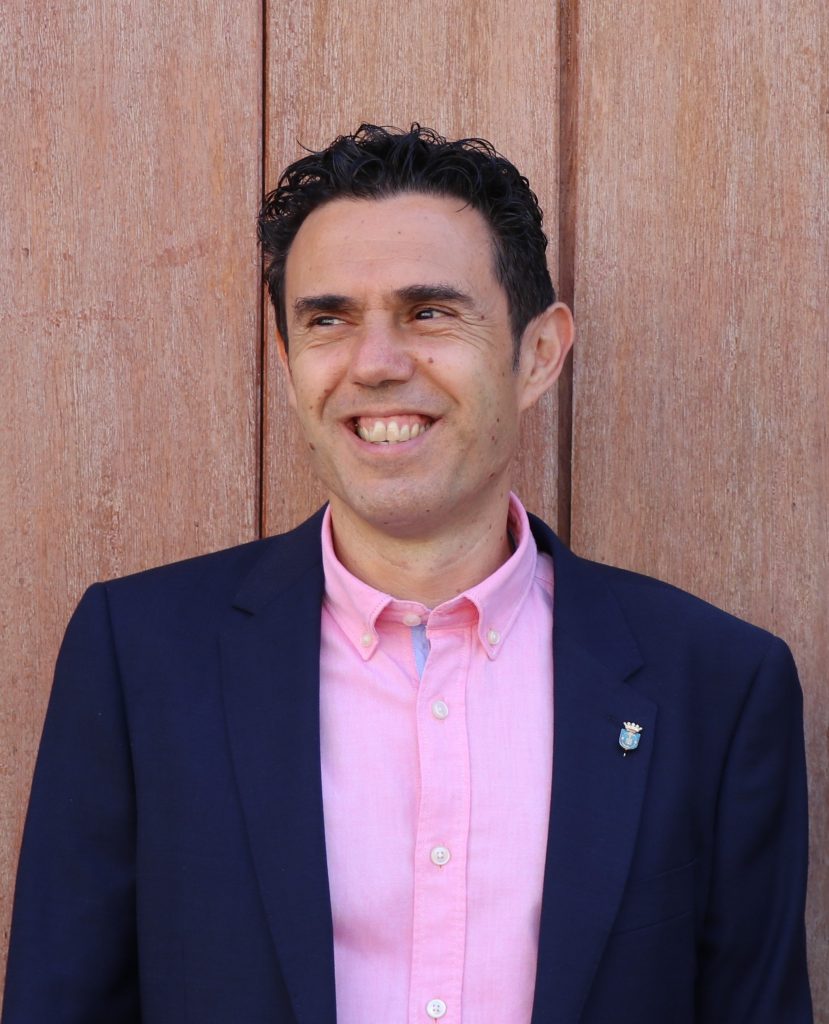
joanma miguel león
Mayor of Llíria
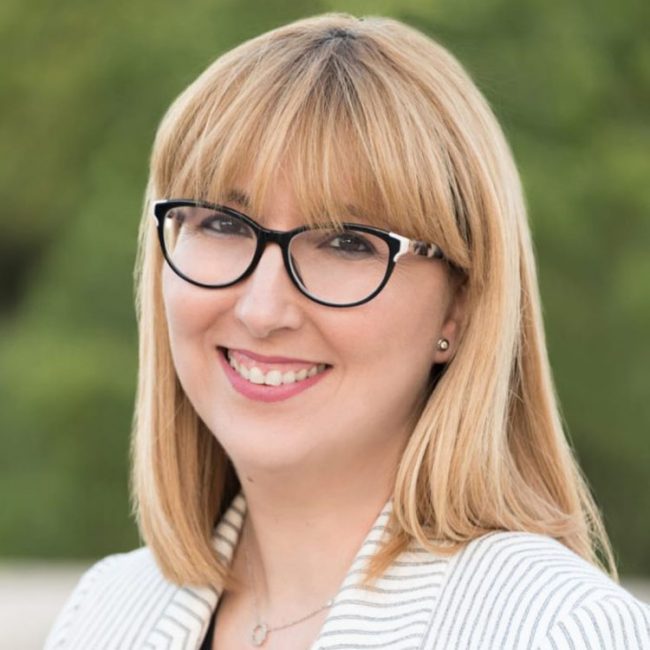
daniela gonzález
President of the Federation of Musical Societies of the Valencian Community (FSMCV)
LAND OF MUSIC
To talk about Llíria is to talk about music. For those of us who make up this group of musical societies, as well as for those who live it from outside, it is recognised by all that music is a distinctive feature of the city of Llíria, both nationally and internationally, which over the centuries, has known how to cultivate and promote it among its people. For this reason, its entry into the unesco Creative Cities Network, in the ‘Music’ category, a year ago, came to recognise this immense musical heritage that defines the city of Llíria and that allows us to export this wonderful artistic, social and educational movement represented by the musical societies of the Valencia Region to the whole world.
With great exponents such as the Ateneo Musical y de Enseñanza Banda Primitiva; the Centro Instructivo Unió Musical de Llíria; and the Banda Musical U.D.P., Llíria is one of the municipalities in Spain, and possibly in Europe, with the highest percentage of citizens with musical studies and music lovers who actively participate in musical societies.
This is a magnificent example of this movement that is present in and supports our entire Community, and identifies us as a land of musicians and music par excellence. I always like to remember that, not in vain, the history of the Federation itself is strongly linked to the city of Llíria, because what happened 53 years ago now changed the history of our musical societies forever. It was 1967 and for the first time, the Festivals of Spain sponsored by the Ministry of Information and Tourism were held in the city of Llíria, with the Musical Union as organiser. In this context, on 10 September a meeting of directors of musical societies was held, proposed by the president of the Unión Musical de Llíria, Mr. Enrique Portolés, to deal with the problems of musical societies in their daily work and to discuss for the first time the possibility of setting up a federation to bring them together.
In these conclusions, written by the current Honorary President, Ángel Asunción, we find the genesis of a purely civil and associative movement. A movement, born out of necessity, which after months of meetings and encounters, finally crystallised in March 1968 with the creation of the Federación Regional Valenciana de Sociedades Musicales, naming the Edenese Antonio Andrés as its first president. Thus and here our history begins.
A story that we share with all our musical societies, and especially with those 22, such as the two in Llíria, which bravely committed themselves to creating an entity like ours. That is why, 50 years after that 10th September 1967, we at Federación wanted to pay tribute to those pioneers, to those men who, with their leadership, sowed the seeds of what is today a reality. And that is why we share the satisfaction of this declaration by Unesco and feel it to be our own.
Joining the Unesco Creative Cities Network is a well-deserved international recognition that can be a stimulus to consolidate this tradition and represent a place of learning and a school of coexistence and, above all, of values. Without a doubt, it is a recognition that positions us on the international scene as a unique movement in the world, and a further step towards the recognition of our musical societies as Intangible Heritage of Humanity.
CREATIVITY AND MUSIC FOR PEACE
UNESCO is mandated by the UN to contribute to building Peace in the minds of the men and women of the world. And, to this effect, it has been given four enormous tools: Education, Culture, Science and Communication and Information. If, together with World Heritage, Tangible and Intangible, there is an area of vital importance to contribute to understanding and Peace among the Peoples of the World, it is that which encompasses Creative Cities in all their facets. But, above all, in that which refers to Music as a universal cultural and educational expression that does not require translation into any language to be understood and that is capable of expressing all the human feelings that people can generate and feel, in each of its compositions and interpretations.
I have had the opportunity to closely follow all the proposals that the different Spanish cities have submitted for the Creative City nomination in the already more than two years that I have been at the forefront of the Spanish Embassy. And it has been a tremendous satisfaction to be the first to communicate to Llíria and its Mayor the recognition as Creative City of Music by UNESCO.
The inclusion of Llíria in this UNESCO Network is a recognition to Music, to Llíria, to the Valencian Community and to Spain. It is the recognition of more than a century of uninterrupted activity in one of the most democratic arts and cultural expressions of all, band music, that which is built from the bottom up, through vocation and the most altruistic and generous dedication, that which does not distinguish classes, professions, age or gender, or religious or political beliefs. That which is born of the People, the People make and the People cultivate and satisfy.
Llíria can now represent our land in the world, showing who we are and what we like to do. And it can, from its creativity, help us to build Peace and encourage other cities to help build it. A creative city is a city that builds and is never willing to be a slave. Congratulations.

